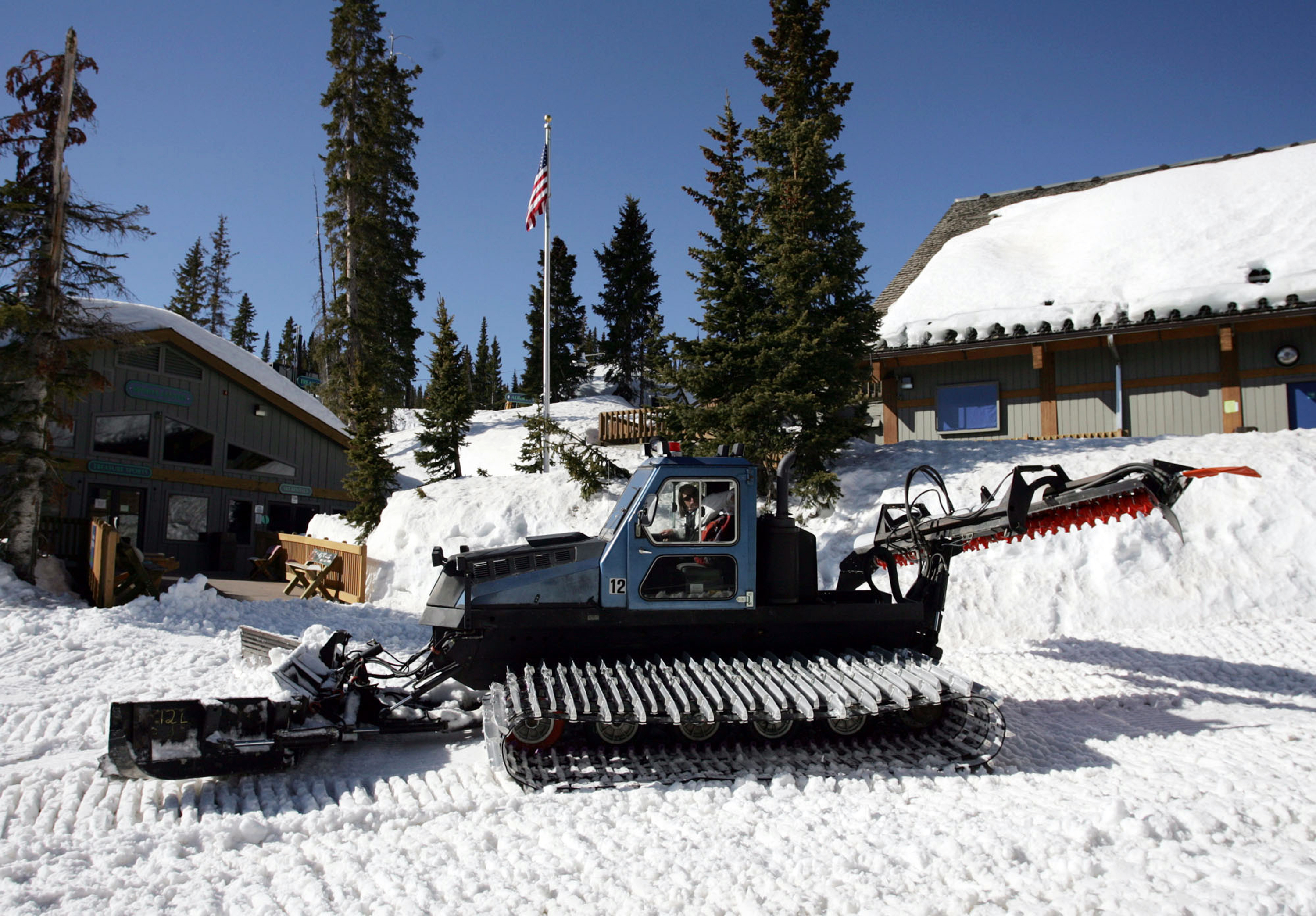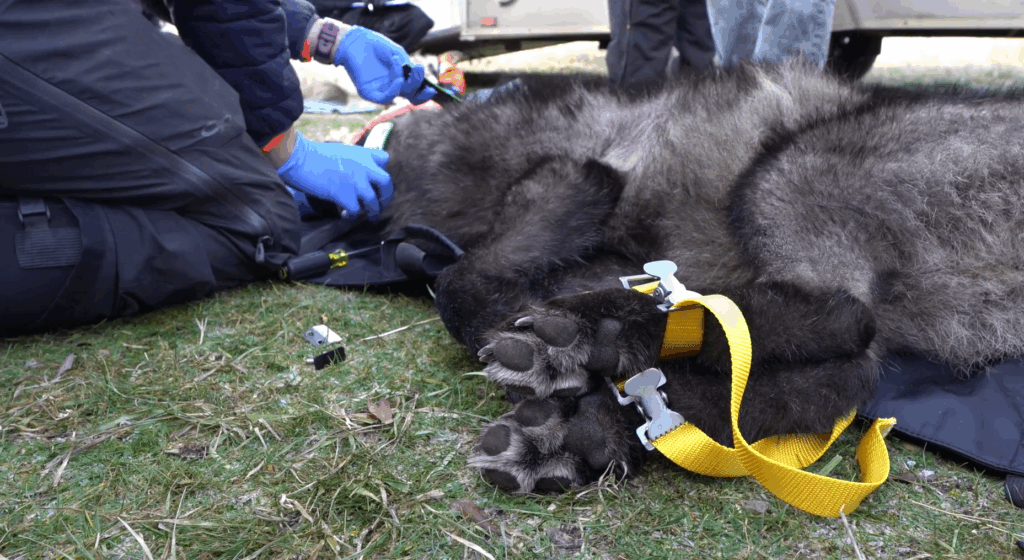After 3-decade battle, developer gets OK for road on public land at Colorado ski area

The U.S. Forest Service has approved construction of a road across public land to reach private property where a developer plans to build condos and restaurants at a remote Colorado ski area.
Wednesday’s decision was the latest milestone in a three-decade battle between the developer and environmentalists over the proposed Village at Wolf Creek in the southwestern corner of the state.
The developer, Texas-based Leavell-McCombs Joint Venture, plans to build about 1,700 housing units along with stores and restaurants at the base of the Wolf Creek Ski Area. The site is 175 miles southwest of Denver and 85 miles east of Durango.
Environmentalists say the the development would interfere with the migration of endangered lynx and damage wetlands and other sensitive habitat at the site, which is about 10,850 feet above sea level.
Opponents also question whether local governments and communities have enough services to support a development of the size that Leavell-McCombs plans. Mineral County, which includes the site, has fewer than 800 residents.
Clint Jones, project manager for Leavell-McCombs, said construction of the road would not likely begin for 14 months while the company applies for local permits and completes other paperwork. Jones said Wednesday the company may expand the project to nearly 2,000 units.
Opponents say they might challenge the Forest Service decision.
Matt Sandler, an attorney for Rocky Mountain Wild, said Wednesday his group and others are considering a court challenge but haven’t decided.
Leavell-McCombs has been trying since the mid-1980s to build the Village at Wolf Creek, but the company first needed access across Forest Service land to connect its property to the nearby U.S. Highway 160.
The access road would be 1,610 feet long.
In its announcement Wednesday, the Forest Service said a 1980 federal law called the Alaska National Interest Lands Conservation Act requires the agency to give property owners access to private land within a national forest for “reasonable use and enjoyment” of the land.
“We’re of course pleased with the decision, because we have claimed all along under that federal statute we are entitled to this road access,” Jones said.
The company made previous attempts to get permission to build a road or to swap land with the federal government to get access to the highway, but they were stymied by legal challenges from Rocky Mountain Wild and others.














